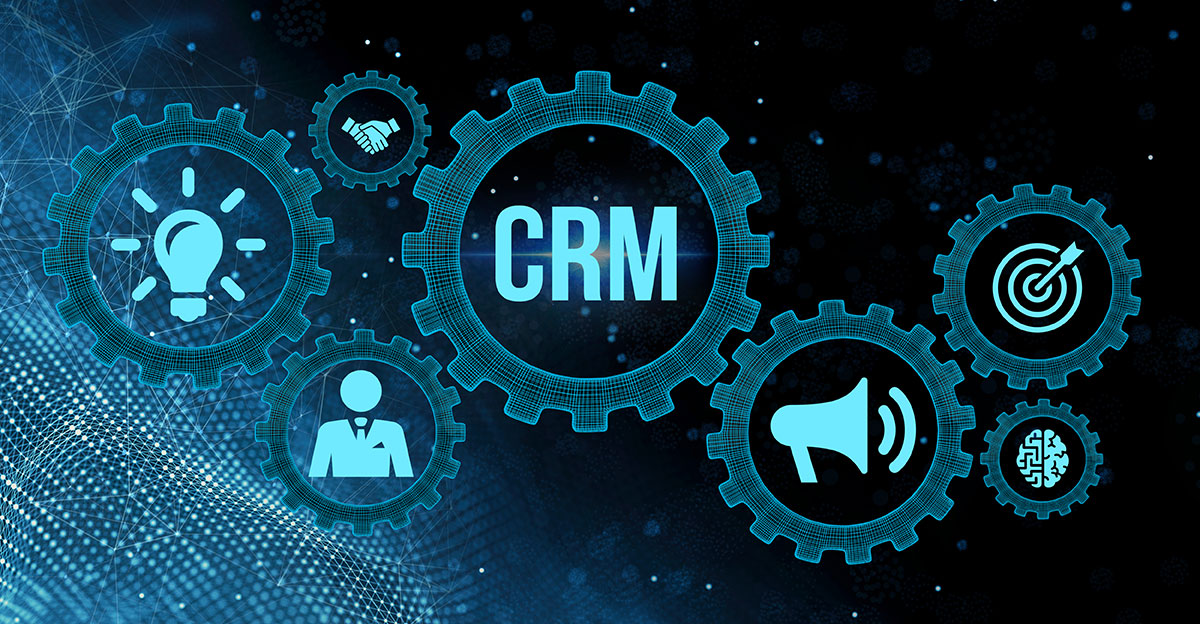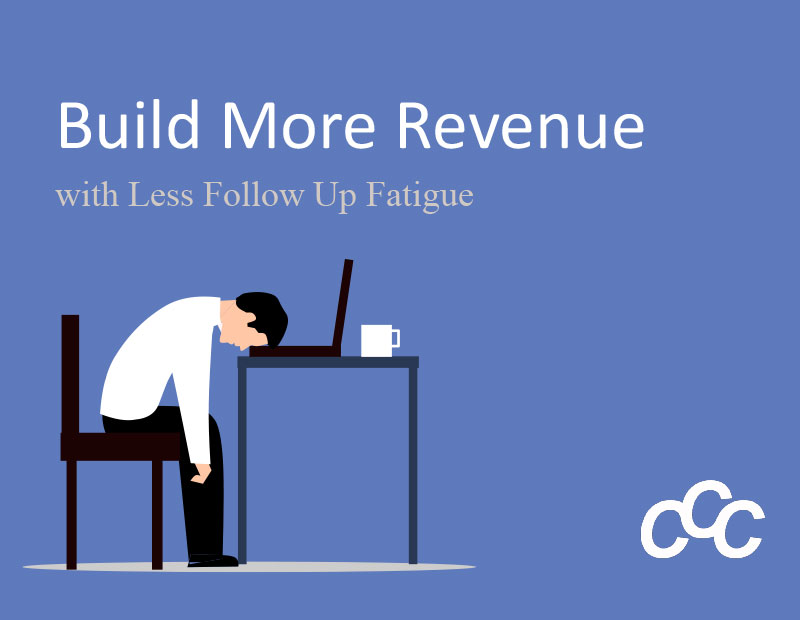A CRM is essential for any business that wants to grow. If a business does not know what they need in a CRM, the business usually experiences Follow Up Fatigue and operates in a reactive mode. To put it another way, businesses create more work with fewer results when they don’t use a CRM according to their needs.
Businesses that use CRM software to support their needs experience profitable benefits. FindStack shares a few statistics about the benefits of a CRM:
- 47% of users say CRM improves customer satisfaction
- CRM software can improve sales by up to 29%
- 745 companies say CRM technology gives better access to customer data
- The average ROI on CRM is $8.71 for each dollar spent
Now, if you are in the market for CRM software, where do you start? There are many CRM software options available. Do you go with a name brand? Do you go with the cheapest? Before you begin, we recommend that you do not look at CRM software. Instead, you should assess your business needs first for two reasons:
- Defining your business needs will help you find a CRM that will meet those needs.
- Looking at CRM software first will cause you to look at your business through the lens of CRM features, rather than the lens of your business needs. It is easy to get caught up in the “cool features” that are not relevant to your needs. In other words, you are more likely to try and fit a square peg into a round hole when you do not define your needs first.
Four ways to choose a CRM based on your business needs
Do I need help managing tasks?
If you have post-it notes cluttering your desk and spreadsheet files cluttering your desktop, there is a good chance you need a CRM. We all have tasks that need to get done whether it is calling back a customer or putting a report together. The problem comes into play when the post-it note with the customer’s phone number can’t be found or the spreadsheet with the report was not saved correctly.
A CRM can help you manage and automate tasks. You can use automation for redundant tasks such as sending reminders or generating timely, repetitive reports. When you use a CRM to manage tasks, you have time to focus on lead nurturing and business development.
A CRM meets your need to manage tasks by helping you take control, so they are not controlling you.
Do I need help tracking leads?
Leads come from different sources such as a phone call, a text, a contact form on your website, or a call to action on your social media. Leads are a critical part of the business. You need leads and you need a way to track them, otherwise, you are missing opportunities. If you are collecting leads from different sources, but you do not have a central location to track and nurture the leads, you need a CRM.
A CRM can help you centralize your lead tracking to nurture and convert into customers. CRMs give you the tools to collect or manually enter lead data, so it won’t get lost or forgotten. Tools to collect lead data include lead generation forms, phone call tracking, and email communication.
A CRM meets your need to track leads by centralizing it in real-time, so you don’t have to look for the lost post-it note and call the lead only to find out your sales partner already called them.
Do I need help communicating with customers?
Retaining customers and building loyalty can be challenging. If you are spending a good deal of time following up with customers or sending information to everyone, every time, you need a CRM.
A key feature of a CRM is segmentation. Segmentation gives you the control to send and automate messaging to dynamic lists based on customer criteria. Dynamic lists could include:
- First-time buyers
- Referral members
- State-specific
- Preferred method of contact
A CRM meets your need to communicate to customers effectively by giving you control of the message you send and who receives it. Your customers are being nurtured with relevant information, services, and offers while you can focus on other areas of your business.
Do I need to pay for a CRM?
A good CRM is not free. CRM software is an investment, but it does not need to break the bank. Before you look at a CRM, you need to decide on a budget. If you do not, you might lock yourself into a CRM that you like for a cost beyond what you can afford only to find out that a less expensive CRM was available that meets your business needs.
There are big differences in CRMs based on the per-user per month rates. At $8 per month, expect the electronic Rolodex with basic notes. At the enterprise level, from $75 to $150 per month, you will have comprehensive mail list management and robust automation. When you build your budget, count those you know will need to use the CRM.
Before you look into a CRM contract, decide which features are non-negotiable to help with your business needs and set a realistic budget based on your needs. Knowing these two things, you will be able to choose the right CRM at the right price.
Conclusion
Understanding your business’s needs including budget is a key factor in the decision of CRM software. Once you know what you need in a CRM, you can start shopping. In our next article, we are going to discuss how to look for CRM software that will address your needs.
If you have questions about CRM software, contact us for a free consultation.





